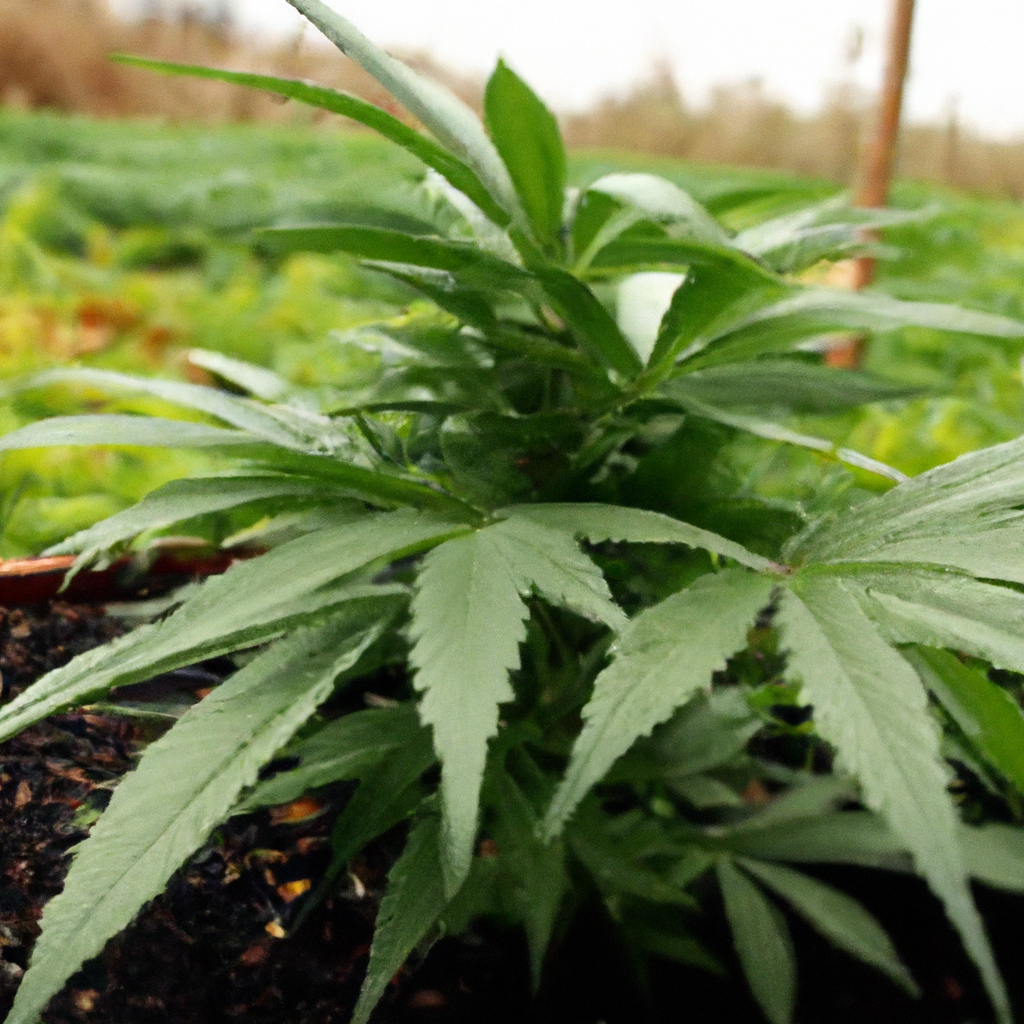Your cart is currently empty!
In the quest for sustainable and eco-conscious practices, organic cannabis cultivation stands out as a beacon of harmony between nature and agriculture. Beyond just a method, it symbolizes a commitment to the planet and a promise of purity to consumers. This article delves into the best practices of organic cannabis cultivation, focusing on building healthy soil ecosystems, employing natural fertilizers, and embracing biological pest control.
Creating a Bountiful Soil Ecosystem
A thriving soil ecosystem is the cornerstone of organic cultivation. Unlike conventional farming, which may deplete soil nutrients, organic methods nurture and sustain the land.
- Compost Magic: Compost enriches the soil with essential nutrients and promotes microbial life. Regularly adding compost to your garden can improve soil structure and boost plant health.
- Cover Crops: Plants such as clover or alfalfa can be grown between cannabis cycles. These cover crops help fix nitrogen in the soil and prevent erosion, enhancing soil vitality.
- Mulching: A layer of organic mulch conserves moisture, moderates soil temperature, and suppresses weeds, creating a stable environment for cannabis plants.
Natural Fertilizers: Feeding with Earth’s Bounty
Utilizing natural fertilizers is a quintessential element of organic cannabis cultivation. These options provide essential nutrients while promoting sustainable practices:
- Fish Emulsion: This organic fertilizer is rich in nitrogen and acts quickly to stimulate growth.
- Bone Meal: An excellent source of phosphorus, bone meal promotes strong root development and robust flowering.
- Seaweed Extract: Loaded with trace minerals, seaweed extract boosts plant health and resilience against stress.
Natural Pest Control Methods
Protect your plants from pests without relying on synthetic chemicals through the following natural methods:
- Beneficial Insects: Encourage the presence of ladybugs and predatory mites to naturally control aphid and spider mite infestations.
- Neem Oil: This organic oil disrupts pest life cycles and acts as a deterrent for many common cannabis pests.
- Companion Planting: Grow plants like marigold or basil near cannabis to ward off harmful insects naturally.
Sustainability: The Essence of Organic Cultivation
Organic practices not only yield healthier plants but also offer numerous environmental benefits:
- Reduced Carbon Footprint: Organic methods often require less energy, resulting in fewer greenhouse gas emissions.
- Water Conservation: Techniques such as mulching and natural water retention strategies reduce water usage, preserving this precious resource.
- Soil Health Preservation: Maintaining healthy soil ensures long-term productivity and ecosystem stability.
Conclusion
Embracing organic cannabis cultivation not only benefits growers with quality yields but also honors the environment and consumer health. By continuously investing in soil health, using natural fertilizers, and adopting eco-friendly pest control, growers contribute to a sustainable and thriving planet.
The rewards of organic cultivation extend beyond that of the harvest; they represent a holistic approach to agricultural excellence.
Tags: CannabisCultivation, OrganicGrowing, NaturalFertilizers, PestControl, SustainablePractices
Discover more from Magic Clones
Subscribe to get the latest posts sent to your email.


Leave a Reply